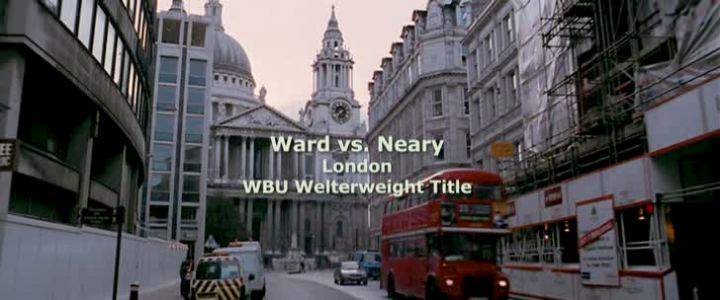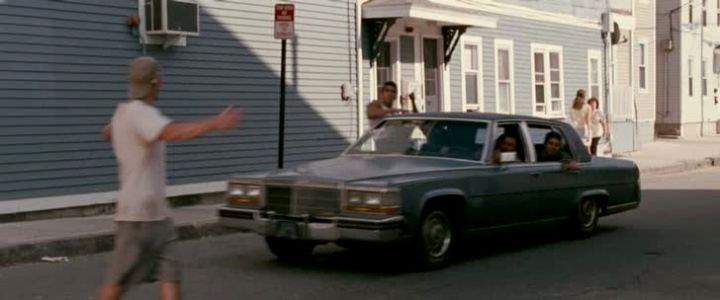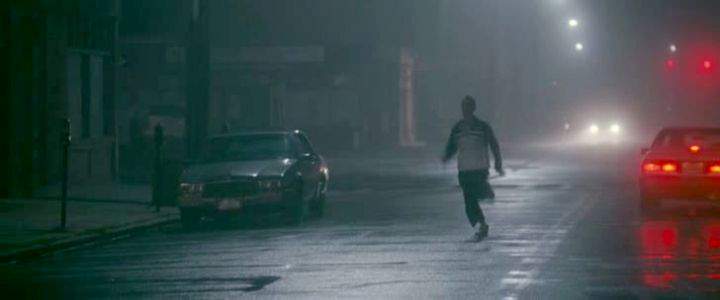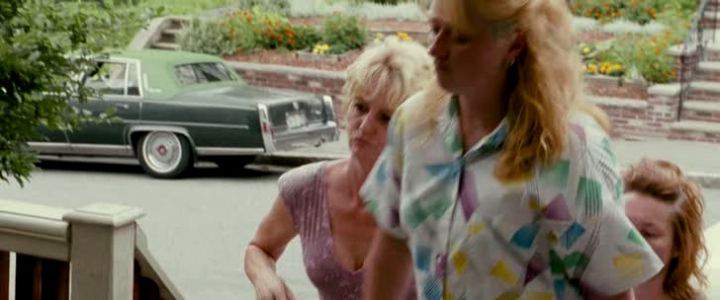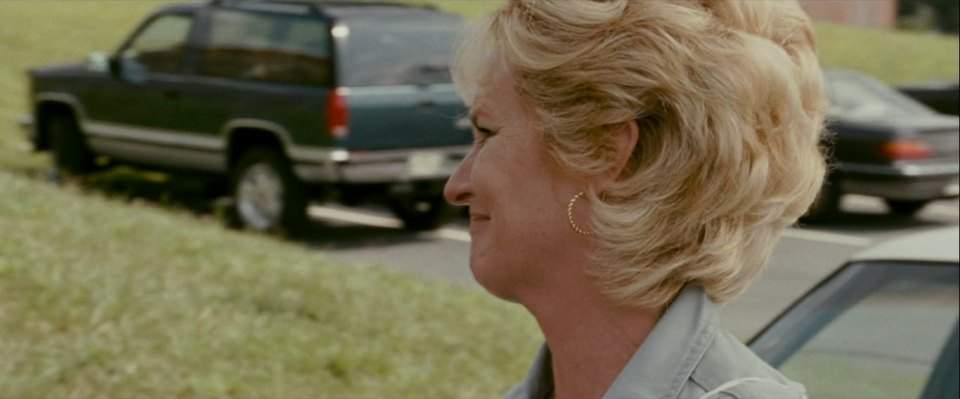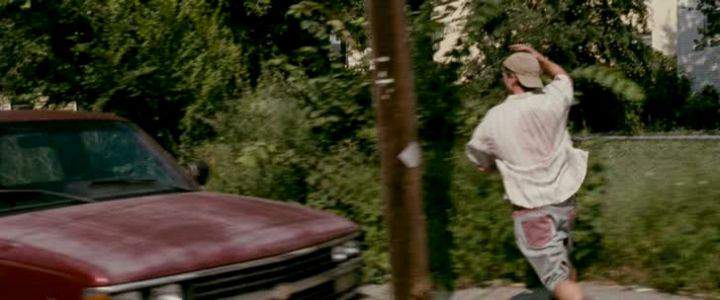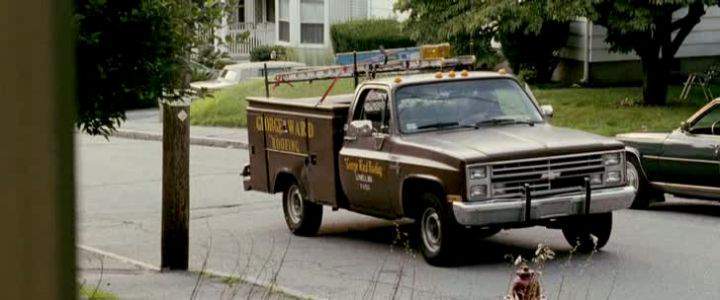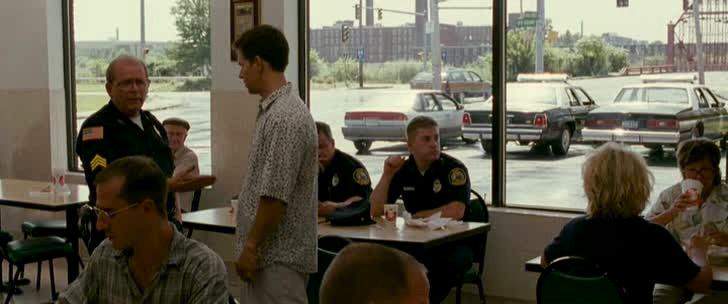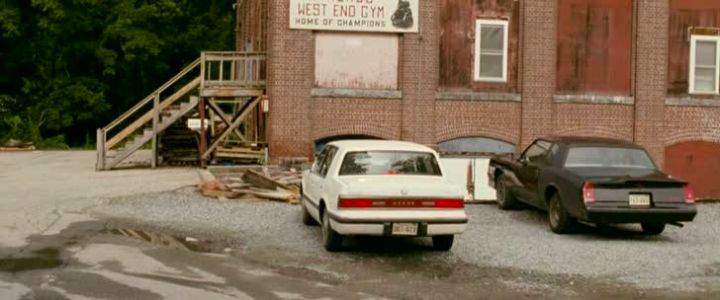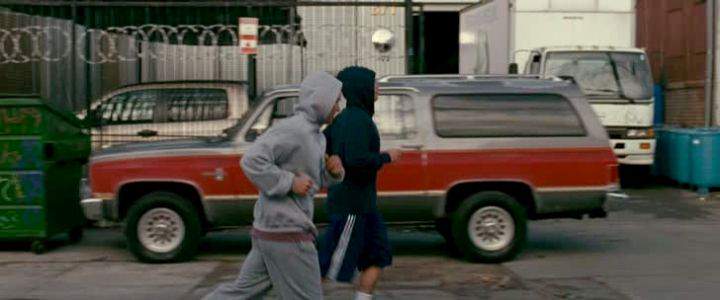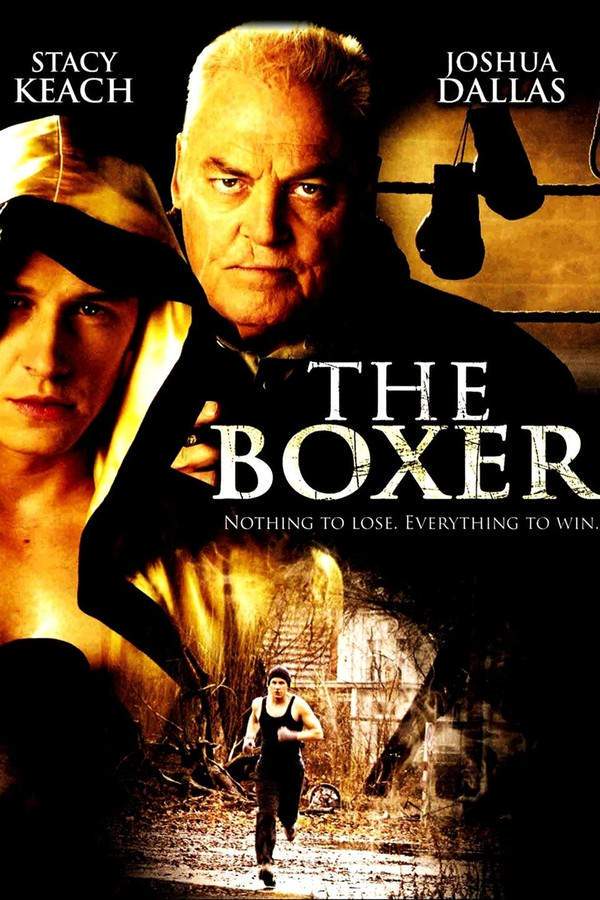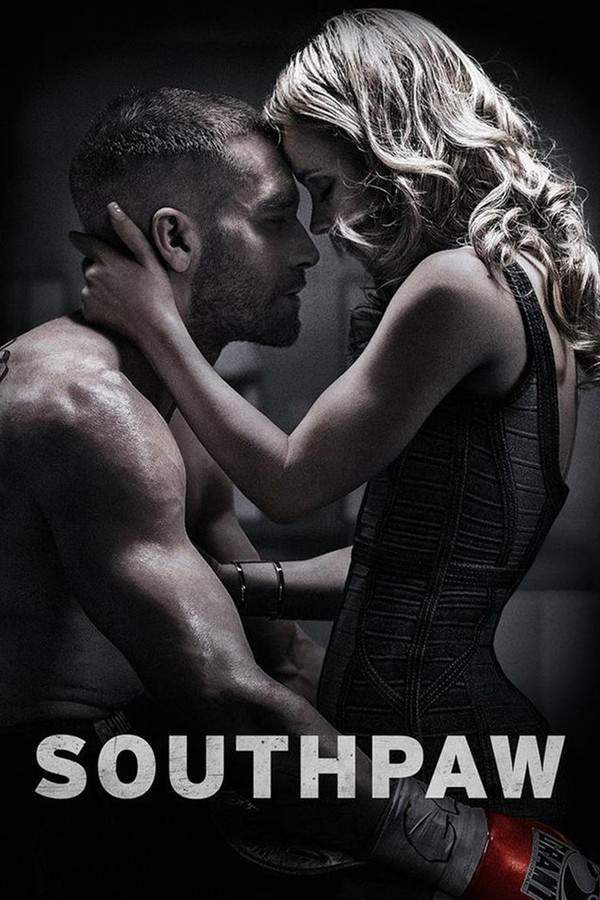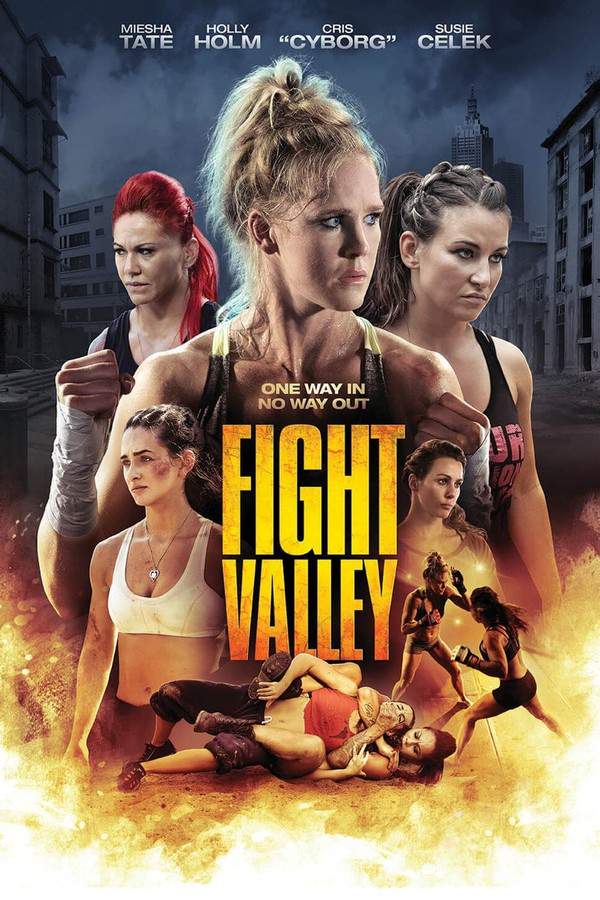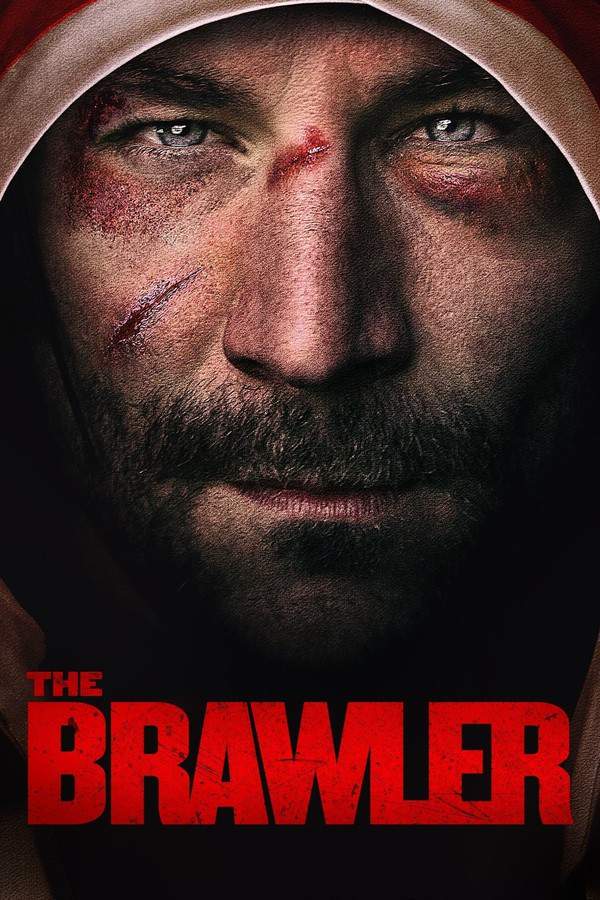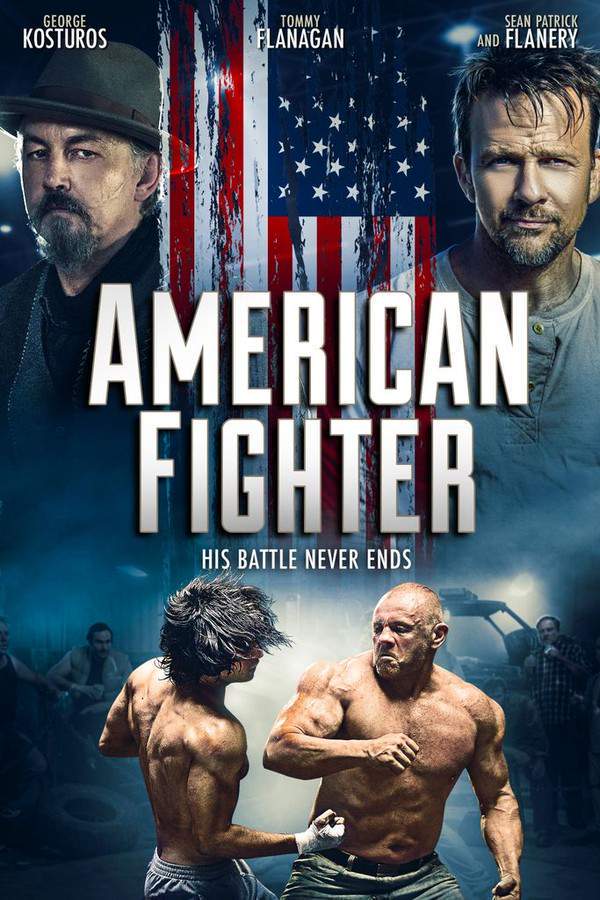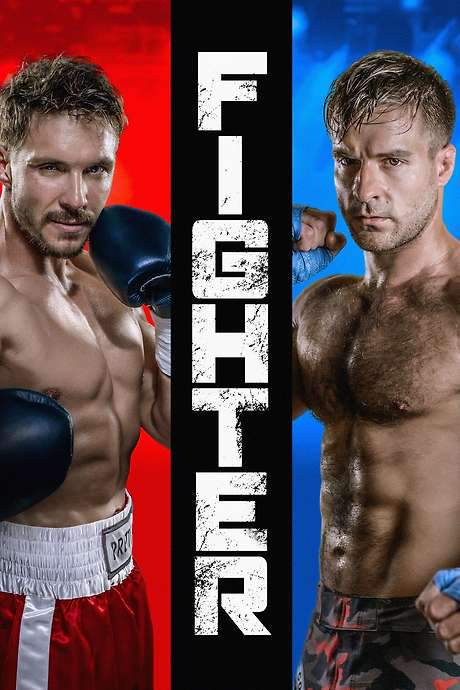The Fighter 2010
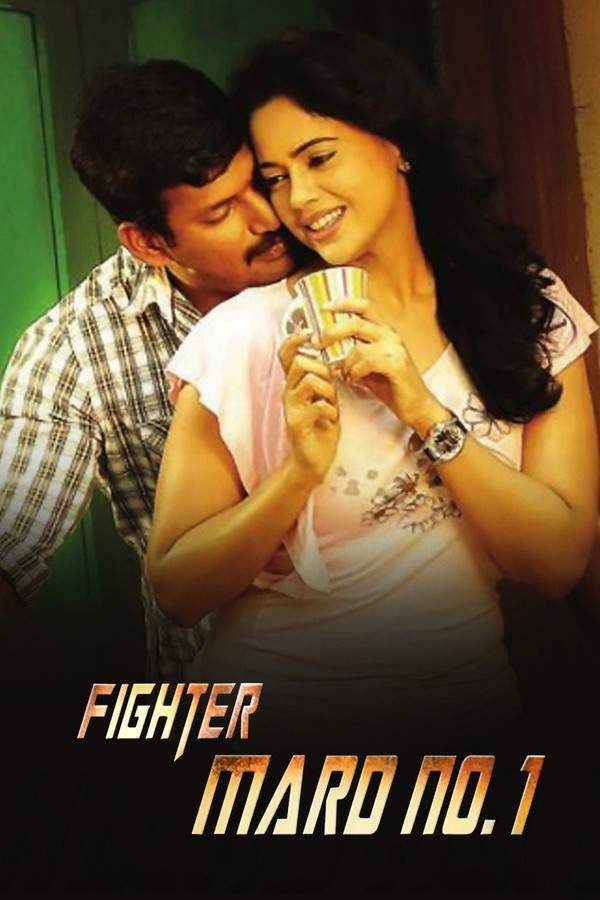
A dedicated young police officer, Prabhakaran, embarks on a perilous journey through the vibrant city of Kolkata. Fueled by his love for his family, he investigates the mysterious disappearance of his sister, navigating a complex web of secrets and danger to uncover the truth and bring her home.
Does The Fighter have end credit scenes?
No!
The Fighter does not have end credit scenes. You can leave when the credits roll.
Meet the Full Cast and Actors of The Fighter
Explore the complete cast of The Fighter, including both lead and supporting actors. Learn who plays each character, discover their past roles and achievements, and find out what makes this ensemble cast stand out in the world of film and television.
External Links and Streaming Options
Discover where to watch The Fighter online, including streaming platforms, rental options, and official sources. Compare reviews, ratings, and in-depth movie information across sites like IMDb, TMDb, Wikipedia or Rotten Tomatoes.
Ratings and Reviews for The Fighter
See how The Fighter is rated across major platforms like IMDb, Metacritic, and TMDb. Compare audience scores and critic reviews to understand where The Fighter stands among top-rated movies in its genre.

79
Metascore
8.0
User Score

7.8 /10
IMDb Rating

74
%
User Score
Take the Ultimate The Fighter Movie Quiz
Challenge your knowledge of The Fighter with this fun and interactive movie quiz. Test yourself on key plot points, iconic characters, hidden details, and memorable moments to see how well you really know the film.
The Fighter Quiz: Test your knowledge on the 2010 film 'The Fighter', a gripping story of boxing and family dynamics.
Who plays the role of Micky Ward?
Mark Wahlberg
Christian Bale
David O. Russell
Jack McGee
Show hint
Awards & Nominations for The Fighter
Discover all the awards and nominations received by The Fighter, from Oscars to film festival honors. Learn how The Fighter and its cast and crew have been recognized by critics and the industry alike.
83rd Academy Awards 2011



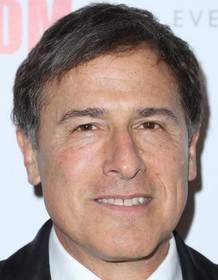
Film Editing
Best Picture
Writing (Original Screenplay)
64th British Academy Film Awards 2011


Best Original Screenplay
16th Critics' Choice Awards 2011
Best Picture



Best Acting Ensemble
Best Original Screenplay
17th Annual Screen Actors Guild Awards 2011



Outstanding Performance by a Cast in a Motion Picture
63rd Directors Guild of America Awards 2011

26th Artios Award 2011
Outstanding Achievement in Casting - Big Budget Feature - Drama
68th Golden Globe Awards 2011
Best Motion Picture – Drama





82nd Academy Awards 2010
Film Editing
Full Plot Summary and Ending Explained for The Fighter
Read the complete plot summary of The Fighter, including all major events, twists, and the full ending explained in detail. Explore key characters, themes, hidden meanings, and everything you need to understand the story from beginning to end.
As a welterweight boxer from Lowell, Massachusetts, Dickie Eklund is hailed as a hometown hero, bringing pride to his working-class background. Living in his brother’s shadow, Micky Ward is the dedicated sibling who supports Dickie’s ambition to grab a championship title first. However, after a devastating loss to Sugar Ray Leonard, Dickie’s life spirals into chaos marked by crack addiction, violence, and imprisonment, leaving their family shattered. Despite this, Micky embodies the spirit of a real-life Rocky, determined to carve out his own path and uplift his family from despair through his impressive rise in the boxing world.
Fresh from prison, Dickie seeks redemption by training his younger brother, now known as “Irish” Micky Ward, as he prepares for his Welterweight Championship fight against Shea Neary. In a reflective moment, Dick Eklund (Christian Bale) sits on a couch in 1993, sharing insights into his boxing journey and his rivalry with Leonard. Beside him, Micky Ward (Mark Wahlberg) listens as Dickie, ever the entertainer, engages with the audience.
The brothers find themselves at a pivotal crossroads, working on asphalt paving while a camera crew captures their lives. Their playful banter reflects their contrasting personalities—Micky’s seriousness and Dickie’s carefree nature—while they navigate their surroundings in Lowell. Micky is shown training hard at the gym, even as Dickie struggles with his late arrivals and drug use.
In a series of gritty bar scenes, the family dynamics unfold vividly. Mother Alice Eklund (Melissa Leo) takes center stage, dealing with the chaos of raising a large family while arguing with Micky O’Keefe, a local cop who tries to help Micky with his boxing career. After a series of disappointments and confrontations, including a disastrous fight where Micky faces a larger opponent, he resolves to regroup and find new opportunities.
Following a series of ups and downs, including Micky’s blossoming relationship with bartender Charlene (Amy Adams), the story weaves through themes of love, betrayal, and the struggle for personal and family redemption. After facing numerous setbacks, including time in jail and relapses into addiction, Dickie’s perspective begins to shift when he sees the impact of his actions on his family.
As Micky’s confidence grows, bolstered by newfound support and mentoring, he starts a series of victorious fights that sets him on a path toward a championship title. When Dickie emerges from prison, the brothers confront their shared past and work on rebuilding their bond while staying focused on the dream of triumphing in the ring.
With the stakes rising dramatically, Micky steps into the arena against the undefeated champion Shea Neary, absorbing punishment and battling through adversity. In a climactic showdown, Micky proves his resilience and determination, ultimately claiming victory and earning the title shot he’s always dreamed of.
Finally, the film closes with a nostalgic reflection from Dickie, who proudly acknowledges his brother’s extraordinary achievements, reminding us that success is often shaped by both triumph and turmoil within the fabric of family and shared experiences.
Uncover the Details: Timeline, Characters, Themes, and Beyond!

Coming soon on iOS and Android
The Plot Explained Mobile App
From blockbusters to hidden gems — dive into movie stories anytime, anywhere. Save your favorites, discover plots faster, and never miss a twist again.
Sign up to be the first to know when we launch. Your email stays private — always.
Watch Trailers, Clips & Behind-the-Scenes for The Fighter
Watch official trailers, exclusive clips, cast interviews, and behind-the-scenes footage from The Fighter. Dive deeper into the making of the film, its standout moments, and key production insights.
Cars Featured in The Fighter
Explore all cars featured in The Fighter, including their makes, models, scenes they appear in, and their significance to the plot. A must-read for car enthusiasts and movie buffs alike.
The Fighter Themes and Keywords
Discover the central themes, ideas, and keywords that define the movie’s story, tone, and message. Analyze the film’s deeper meanings, genre influences, and recurring concepts.
The Fighter Other Names and Titles
Explore the various alternative titles, translations, and other names used for The Fighter across different regions and languages. Understand how the film is marketed and recognized worldwide.
Similar Movies To The Fighter You Should Know About
Browse a curated list of movies similar in genre, tone, characters, or story structure. Discover new titles like the one you're watching, perfect for fans of related plots, vibes, or cinematic styles.
Quick Links: Summary, Cast, Ratings, More

What's After the Movie?
Not sure whether to stay after the credits? Find out!
Explore Our Movie Platform
New Movie Releases (2026)
Famous Movie Actors
Top Film Production Studios
Movie Plot Summaries & Endings
Major Movie Awards & Winners
Best Concert Films & Music Documentaries
Movie Collections and Curated Lists
© 2026 What's After the Movie. All rights reserved.














